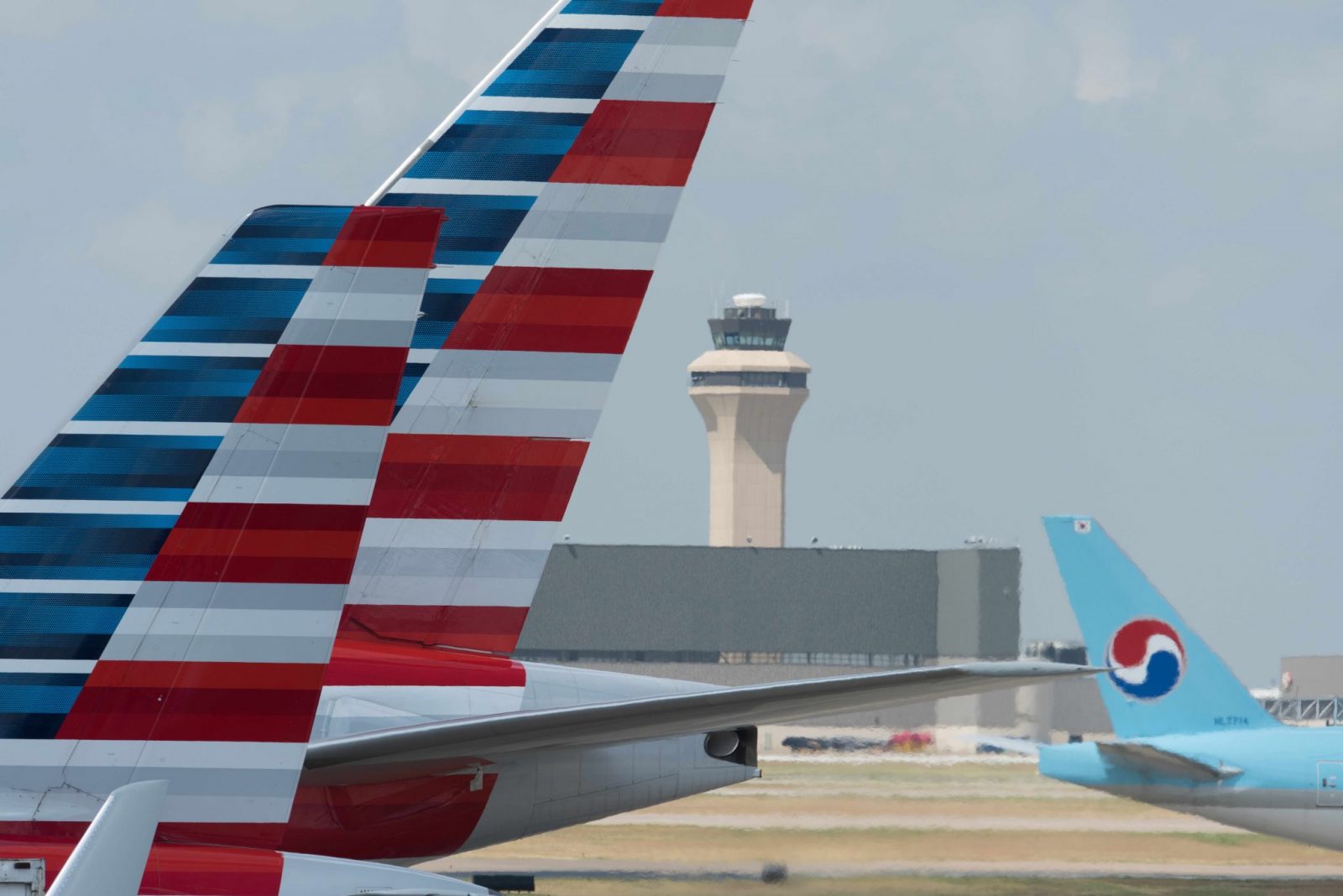
Two American Airlines pilots are appealing a recent court ruling that found in favor of the Dallas Fort Worth-based carrier, which had refused to count the time they spent serving in the US military towards an annual profit-sharing plan.
Veteran pilots James Scanlan, a retired Major General in the US Air Force Reserve and Carla Riner, a Brigadier General in the Delaware Air National Guard, brought the class action lawsuit against American Airlines under the Uniformed Services Employment and Remployment Rights Act back in 2018.
The USERRA is designed to guarantee military vets certain rights when they return to their civilian careers, and in this case, Scalan and Riner argued that American Airlines was breaching the act by not counting the time they spent pursuing their military careers towards a profit-sharing scheme, or compensating them.
American Airlines allows its pilots to take leaves of absence to serve in the military, but it does not compensate them for any time they spend away from the business. In contrast, the airline does compensate pilots who take short periods of bereavement leave or who are called to take part in jury duty.
Scanlan and Riner argued that American Airlines should compensate pilots taking part in military service in the same way that pilots on bereavement leave or jury duty are compensated.
Lawyers representing the airline fought back and argued that military leave couldn’t be compared with bereavement leave or jury duty. To start, the length of time pilots spent on military leave compared with bereavement leave or jury duty was “stark”, taking an average of 21.9 days of leave compared to just 3.1 or 2.3 days.
The court also agreed that while bereavement leave or jury duty is sporadic and infrequent, military service recurs on a regular and frequent basis.
In essence, pilots chose to take military leave, whereas there was little choice in the case of bereavement leave or jury duty.
Scalan and Riner contended that American Airlines was overstating the opportunity to schedule military leaves of absence and argued that the carrier’s scheduling system created conflicts that necessitated leaves of absence.
The court, however, found that “even taking the facts in the light most favorable to the plaintiffs, pilots often have significantly more flexibility in scheduling military leave than they do with respect o jury duty and bereavement leave”.
District Judge Harvey Bartle III also found that pilots who take military leave do so not only “out of a sense of patriotism” but also because of the compensation they will receive from the US government.
Following the judgment in the District Court for the Eastern District of Pennsylvania last month, Scanlan and Riner have since filed an appeal to the United States Court of Appeals for the Third Circuit.
Mateusz Maszczynski honed his skills as an international flight attendant at the most prominent airline in the Middle East and has been flying ever since... most recently for a well known European airline. Matt is passionate about the aviation industry and has become an expert in passenger experience and human-centric stories. Always keeping an ear close to the ground, Matt's industry insights, analysis and news coverage is frequently relied upon by some of the biggest names in journalism.







